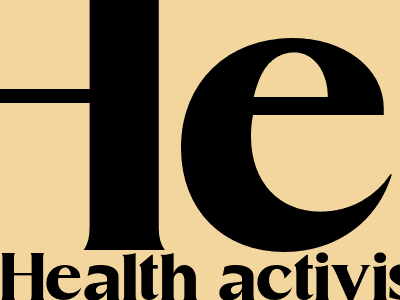
Taxing Unhealthy Habits: Health Activists Advocate for Higher Levies on Sugary Drinks, Alcohol, and Tobacco
Addressing Public Health Concerns
Health activists are spearheading a campaign to impose higher taxes on sugary drinks, alcoholic beverages, and tobacco products. This initiative aims to tackle the detrimental effects of these substances on public health and promote healthier lifestyles.
Sugary Drinks: A Sweet but Costly Indulgence
Excessive consumption of sugary drinks has been linked to a myriad of health problems, including obesity, heart disease, and type 2 diabetes. Studies have shown that sugary drinks contribute significantly to added sugar intake, which exceeds recommended guidelines. Health advocates argue that higher taxes can discourage overconsumption and nudge consumers toward healthier beverage options.
Alcohol: Balancing Pleasure and Consequences
While moderate alcohol consumption may offer some health benefits, excessive drinking poses serious risks. Alcohol abuse can lead to liver damage, heart disease, stroke, and certain types of cancer. Higher taxes on alcoholic beverages, particularly those with higher alcohol content, can reduce affordability and deter excessive consumption.
Tobacco: An Addictive and Deadly Vice
Tobacco use remains the leading preventable cause of death worldwide. Cigarettes and other tobacco products contain nicotine, an addictive substance that damages the lungs and cardiovascular system. Higher taxes on tobacco products have been proven effective in reducing smoking rates, especially among vulnerable populations such as youth.
Economic and Social Implications
Taxing unhealthy habits can have broader economic and social implications. In addition to generating revenue, higher taxes can lead to:
- Reduced healthcare costs associated with preventable health conditions;
- Increased investments in health promotion and disease prevention programs;
- Improved productivity and economic output by reducing absenteeism and presenteeism;
- Promotion of health equity by addressing disparities in health outcomes.
Challenges and Counterarguments
Critics of higher taxes on unhealthy habits often argue that they disproportionately burden low-income individuals and infringe upon personal freedom. However, proponents argue that the long-term health and economic benefits outweigh these concerns. Additionally, tailored taxation policies can be designed to minimize the impact on vulnerable populations while still achieving the desired public health outcomes.
Conclusion
The push for higher taxes on sugary drinks, alcohol, and tobacco is a crucial step toward promoting public health and reducing the burden of preventable diseases. By discouraging unhealthy habits and fostering healthier lifestyles, these taxes can have a profound impact on the well-being of individuals and communities.